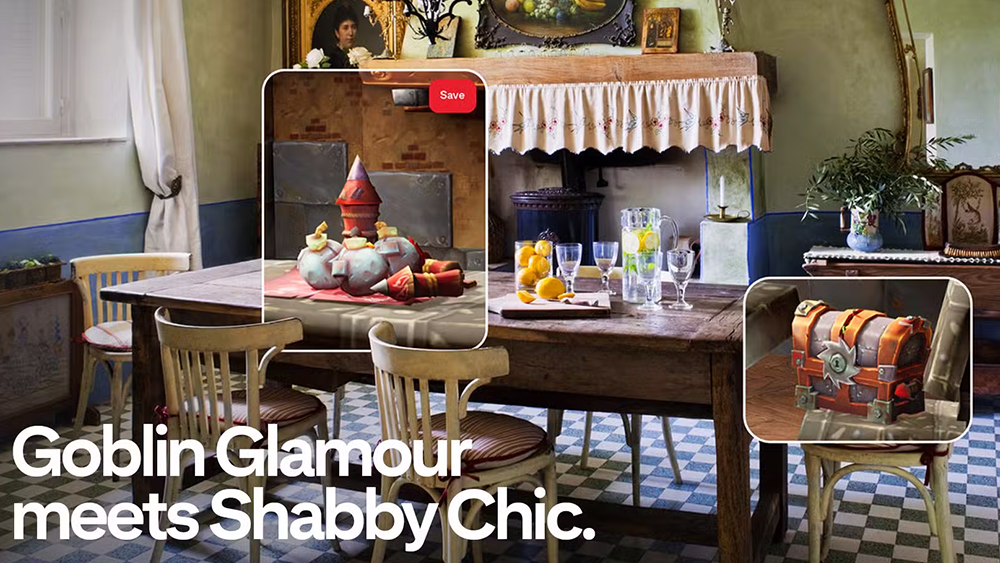'It doesn’t matter how good AI is if your idea is terrible,' Jonas Hegi on using AI for Nike, Apple and more
Builders Club co-founder explores the role of humans in a digital world.
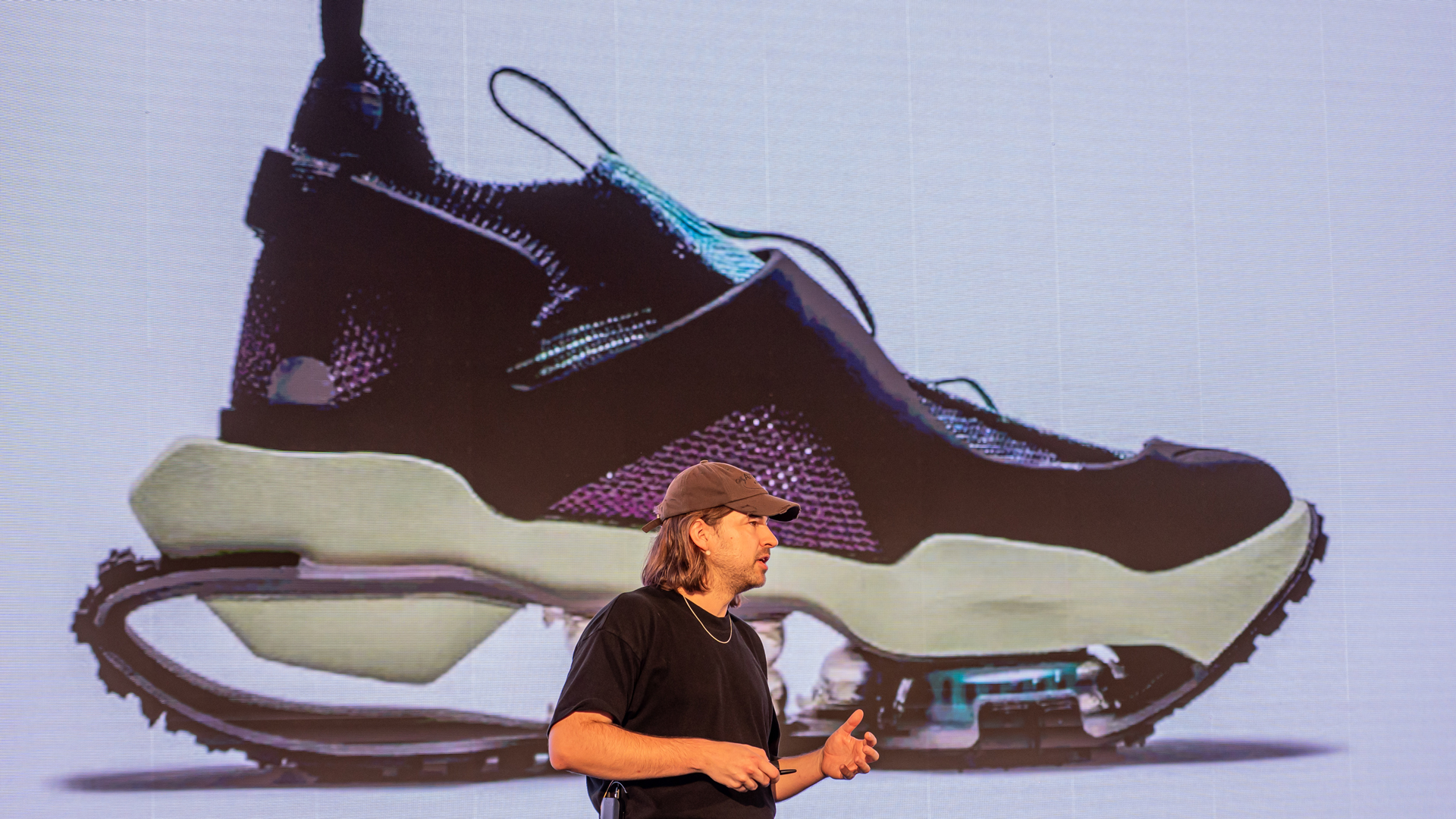
Sign up to Creative Bloq's daily newsletter, which brings you the latest news and inspiration from the worlds of art, design and technology.
You are now subscribed
Your newsletter sign-up was successful
Want to add more newsletters?

Five times a week
CreativeBloq
Sign up to Creative Bloq's daily newsletter, which brings you the latest news and inspiration from the worlds of art, design and technology.

Once a week
By Design
Sign up to Creative Bloq's daily newsletter, which brings you the latest news and inspiration from the worlds of art, design and technology.

Once a week
State of the Art
Sign up to Creative Bloq's daily newsletter, which brings you the latest news and inspiration from the worlds of art, design and technology.

Seasonal (around events)
Brand Impact Awards
Sign up to Creative Bloq's daily newsletter, which brings you the latest news and inspiration from the worlds of art, design and technology.
The conversation about AI and creativity isn't going anywhere, and it was front and centre at Frontify's recent Paradigms conference in Morocco.
Jonas Hegi, co-founder and executive creative director of Builders Club, leads one of the most forward-thinking creative studios operating today, blending film, design, and emerging technology for clients like Apple, Nike, OpenAI, and Beats.
At Paradigms, Jonas' talk explored what it means to stay experimental, human and craft-driven in a future increasingly shaped by machines. I caught up with him afterwards to discuss how AI is changing creativity, what makes ideas human and why simplicity might be the hardest thing to achieve.
For more from Paradigms, see my chats with Spotify's Bianca Berning, Koto's James Greenfield and The Blackpepper Studio.
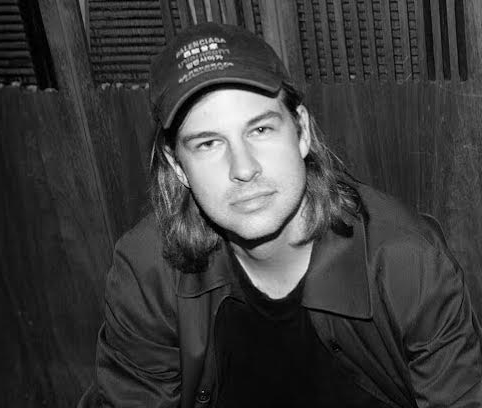
Jonas Hegi is the co-founder and Executive Creative Director of Builders Club, with a background spanning film, photography, digital art, and design. Based between London and New York, Jonas has partnered with leading brands such as Nike, Apple, OpenAI and Beats, helping them redefine their aesthetic through new visual languages, narratives, and campaigns.
How is AI shaping the way you work?
We have all these different tools we can use to build worlds and tell stories. For us, AI, at least for now, is just one of those tools. It’s incredibly powerful and has given us more freedom in how we think and tell stories.
It also democratises creativity, as suddenly anyone can experiment and make images that would have been impossible just a few years ago.
The danger is that everything starts to look the same
The danger, of course, is that everything starts to look the same: an imitation of an imitation. That’s why I think ideas and concepts will become even more important. They were always at the heart of everything, but with AI, this becomes absolutely crucial. If your idea doesn’t work, it doesn’t matter how good the tool is – it won’t succeed.
Hopefully, that pushes us toward better ideas. That’s the hopeful take on it.
And what's the negative view?
That we end up with more brain rot, with brands getting blander and catering to the lowest common denominator. And that we lose jobs because companies stop caring.
But we also keep seeing that the brands that innovate, who stay curious and care about their audience, are the ones that truly succeed.
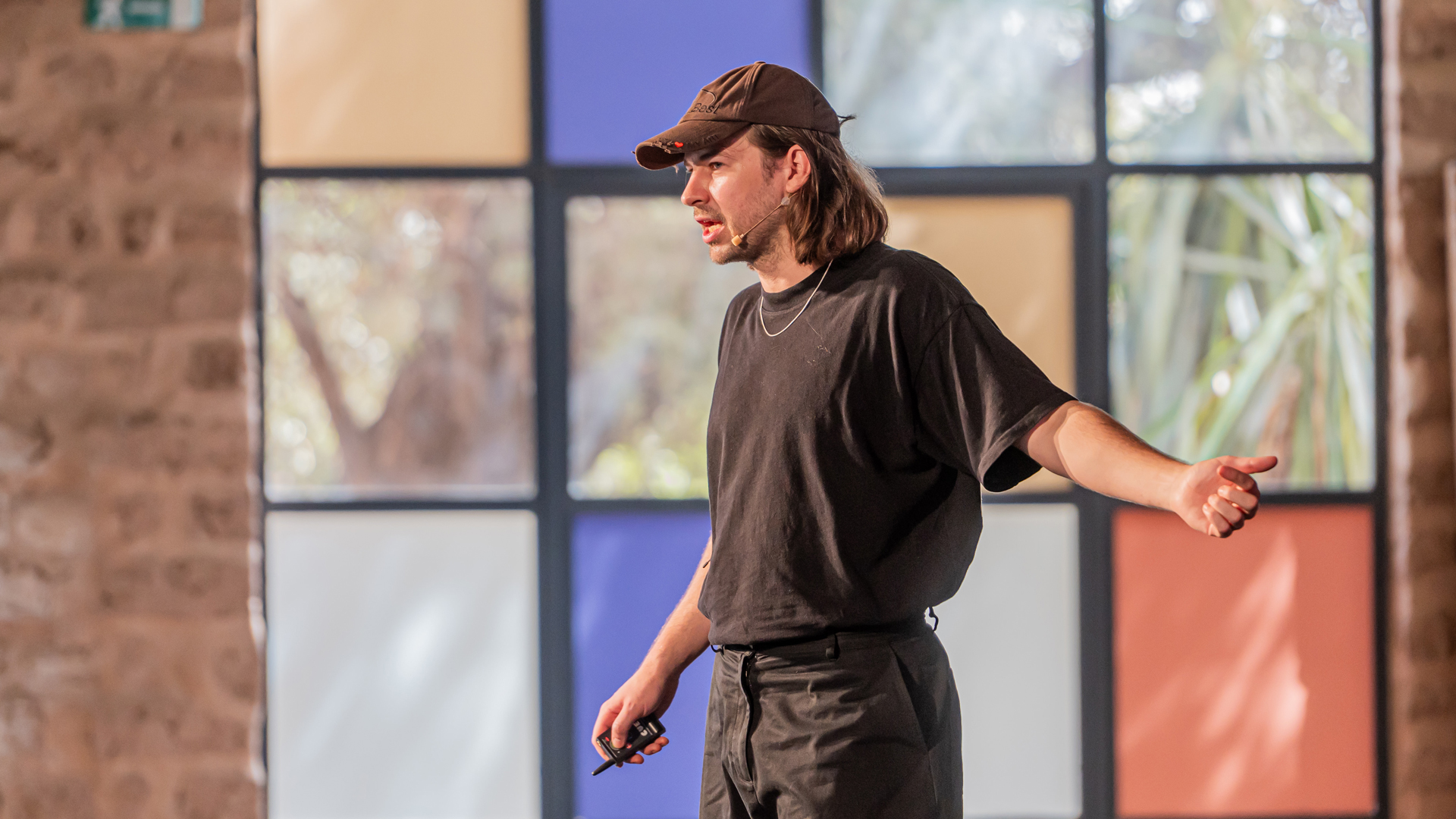
Is there anything you wouldn't use AI for?
There might be some ethical and legal, or copyright questions that are problematic and still need to be solved. It’s important to be aware of that, and not just think 'oh, I should use AI because I can'.
We think about ethics the same way we think about authorship: what’s the source, what’s the intention, and does it still have integrity? That’s part of our creative process, too. The tool doesn’t absolve you of responsibility; it actually asks you to be even clearer about what you stand for and what story you’re telling.
If you start with a good idea and a clear purpose, you’ll naturally pick the right tools. But if you start with the tool, you risk losing the meaning.
How can we make sure that our work stays human in the AI age?
There’s a dystopian version of the future where an automated system does everything: it writes its own briefs, produces its own campaigns, buys media, learns from feedback, and keeps repeating the loop. It sounds efficient, but it’s also terrifying because humans become irrelevant.
AI is the engine; humans are the soul
AI is the engine; humans are the soul. The machine can imitate, but it can’t truly create meaning or context, at least not yet. That’s where we come in. If you combine the two, it becomes powerful. Remove the human element, and it loses its purpose entirely.
Can you tell me about your recent project with Nike?
With Nike Rivalries, we wanted to tell a story that felt epic in scale but was impossible to shoot. Even with CGI, it would have taken months to produce.
So we proposed using AI not just as a background tool but as part of the final creative. We mixed AI-generated imagery with live-action and CG, experimenting until the blend felt right. It was freeing because we could think completely without technical limits.
When it came out, the reactions were interesting; some people could still tell parts were AI, and that’s fine. It’s not about tricking anyone; it’s about whether it connects emotionally. If a sandstorm looks slightly unreal but the feeling is right, that’s what matters. The goal is not to be real, it’s to provoke a reaction.
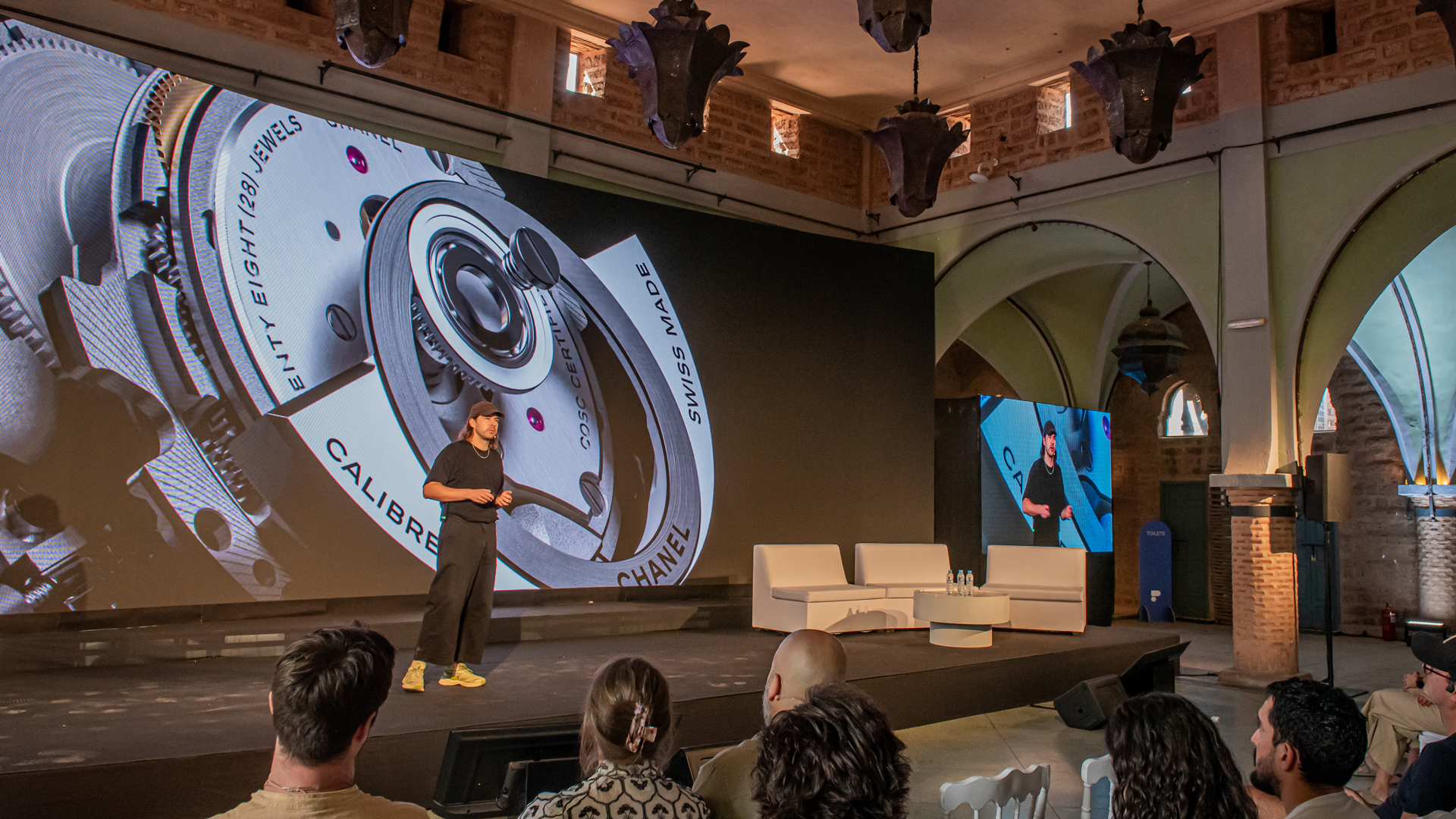
What's the worst design mistake you've ever made?
Probably trying to do too much and overcomplicating things. You think you can make it all fit, and then later realise it would have been stronger ten times simpler.
Simplicity is powerful. When things don’t quite work, it’s usually because someone tried to do too much and ran out of time.
What advice would you give to young people trying to enter the industry?
Be curious, and look beyond your own industry. Look at art, nature, travel, talk to people, and absorb everything – that’s how you gain new perspectives.
Explore things that don’t seem useful; that’s often where you find ideas no one else has. Inspiration rarely comes from what’s obvious, it comes from everything around it.
If you had to sum up the design sphere in a few words, what would you say?
Constant evolution?
Find out more about Builders Club and Paradigms.
Sign up to Creative Bloq's daily newsletter, which brings you the latest news and inspiration from the worlds of art, design and technology.
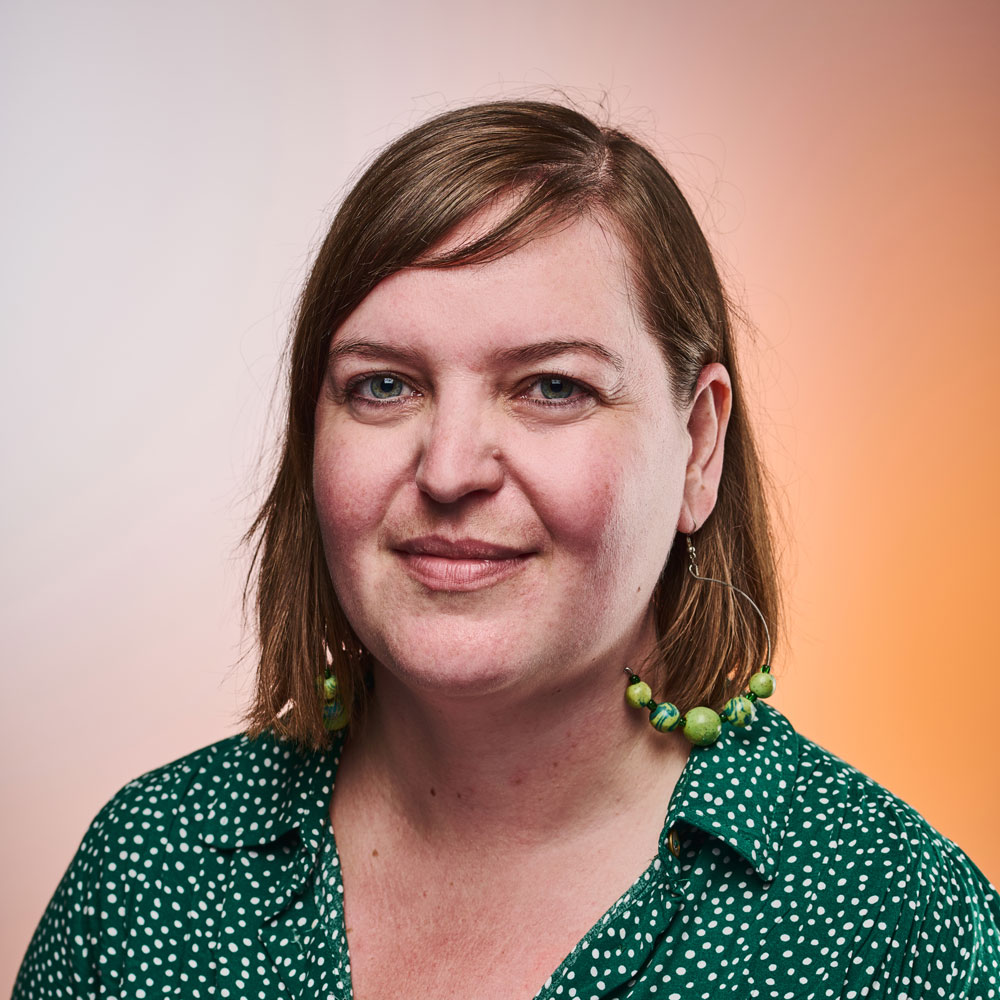
Rosie Hilder is Creative Bloq's Deputy Editor. After beginning her career in journalism in Argentina – where she worked as Deputy Editor of Time Out Buenos Aires – she moved back to the UK and joined Future Plc in 2016. Since then, she's worked as Operations Editor on magazines including Computer Arts, 3D World and Paint & Draw and Mac|Life. In 2018, she joined Creative Bloq, where she now assists with the daily management of the site, including growing the site's reach, getting involved in events, such as judging the Brand Impact Awards, and helping make sure our content serves the reader as best it can.
You must confirm your public display name before commenting
Please logout and then login again, you will then be prompted to enter your display name.
